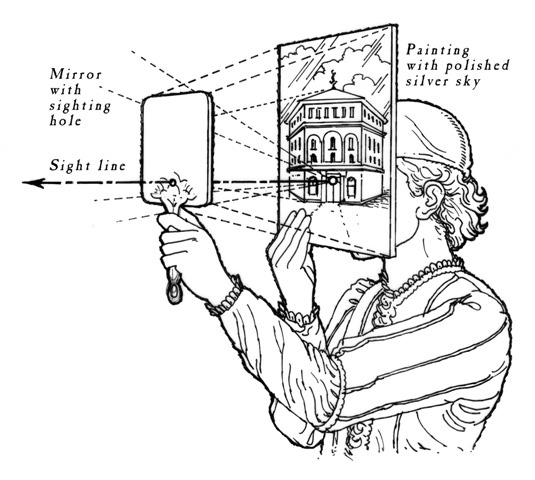Featured in

- Published 20241105
- ISBN: 978-1-923213-01-2
- Extent: 196 pp
- Paperback, ebook, PDF


Already a subscriber? Sign in here
If you are an educator or student wishing to access content for study purposes please contact us at griffithreview@griffith.edu.au
Share article
About the author

Zeynab Gamieldien
Zeynab Gamieldien is a writer living on Bidjigal land. Her work has been shortlisted for the Rachel Funari Prize for Fiction and won the...
More from this edition

Tawny child
FictionCarefully, Morgan loosened the fabric. The crying increased in volume. Eventually, the small dark head of a bawling, tawny child emerged into the clear light. Morgan looked at the child with her eyes narrowed and her lips pursed, as if she were considering an heirloom of unknown value. Hans took the envelope from the fingers of the man in the blue suit and tore the gold seal. Inside were five crisp, dry banknotes. The man in the blue suit told them that such payments would be forthcoming every month, and that the child’s name was Many-gift in the local dialect, but they were to refer to him as Albert and raise him as their own.

Believe it or not
IntroductionCultural critic Chuck Klosterman reminds us that ‘any present-tense version of the world is unstable. What we currently consider to be true – both objectively and subjectively – is habitually provisional.’

Pyjama Man
Poetry Though he lives in a rundown unit above a busy intersection, the pyjama man imagines that the sounds of the traffic are the waves of the ocean. It is...